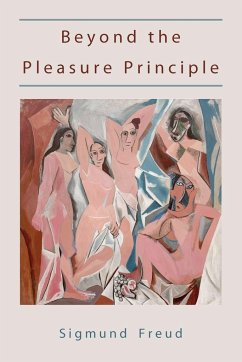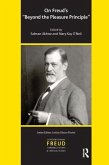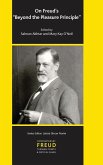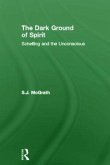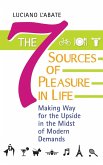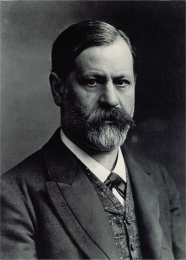2009 reprint of 1922 edition. Beyond the Pleasure Principle marked a turning point and a major modification of Freud's previous theoretical approach. Before this essay, Freud was understood to have placed the sexual instinct, Eros, centre stage, in explaining the forces which drive us to act. In 1920, going "beyond" the simple pleasure principle, Freud developed his theory of drives, by adding the death instinct, often referred to as Thanatos, although Freud himself never used this term.The main importance of the essay resides in the striking picture of human beings struggling between two opposing instincts or drives: Eros working for creativity, harmony, sexual connection, reproduction, and self-preservation; Thanatos for destruction, repetition, aggression, compulsion, and self-destruction. Freud also took the opportunity to state the basic differences, as he saw them, between his approach and that of Carl Jung, and covered the history so far of research into the basic drives.
Bitte wählen Sie Ihr Anliegen aus.
Rechnungen
Retourenschein anfordern
Bestellstatus
Storno

